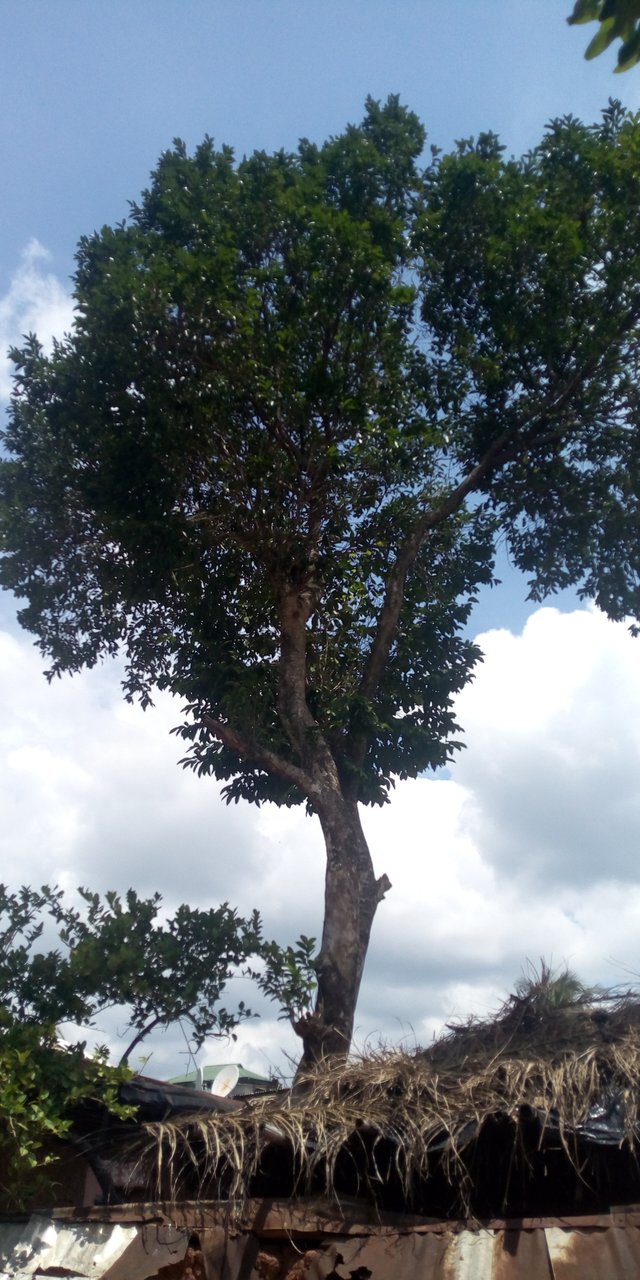
Irvingia gabonensis is a genus of African and Southeast Asian trees in the family Irvingiaceae, sometimes known by the common names wild mango, African mango, bush mango, dika or ogbono. They bear edible mango-like fruits, and are especially valued for their fat- and protein-rich nuts.Wikipedia
It's commonly known as Ogbono tree in the native Igbo-land, Apon in the native yoruba-land and goronor in Hausa language.
Studies has shown that Dika has many medicinal value to human health. Moreover studies has shown that Ogboni seed contains 18 amino acids with a good number of nutrients, vitamins and minerals such as calcium, magnesium, potassium, sodium, phosphorus and iron.
Some benefits of Ogbono are:
1: Ogbono fruit can be eaten just like other fruits and as well the dried grounded seed can be used to prepare soup and the non-dried one is used in making margarine or dor making vegetable oil.
2: The pulp fruit, root and back of the dika tree contains tanin which is or can be used in dye production.
3: Ogbono aids digestion because of the dietary fibre present in it.
4: Ogbono also prevent constipation, hence it contains dietary fibre which helps to prevent this.
5: The grounded Ogbono seed can be used for the purpose of astringent.
6: In the olden days and now even, the stick from Ogbono tree is used for brushing and cleaning teeth.
7: Ogbono seed and fruits can be sold in exchange of money which can be used to solve other problems.
I will say that Ogbono tree and it products is very important and useful to human kind, in native Igbo-land it's assumed and believed that eating ogbono fruits or seeds enhances longer life to human kind.
##References